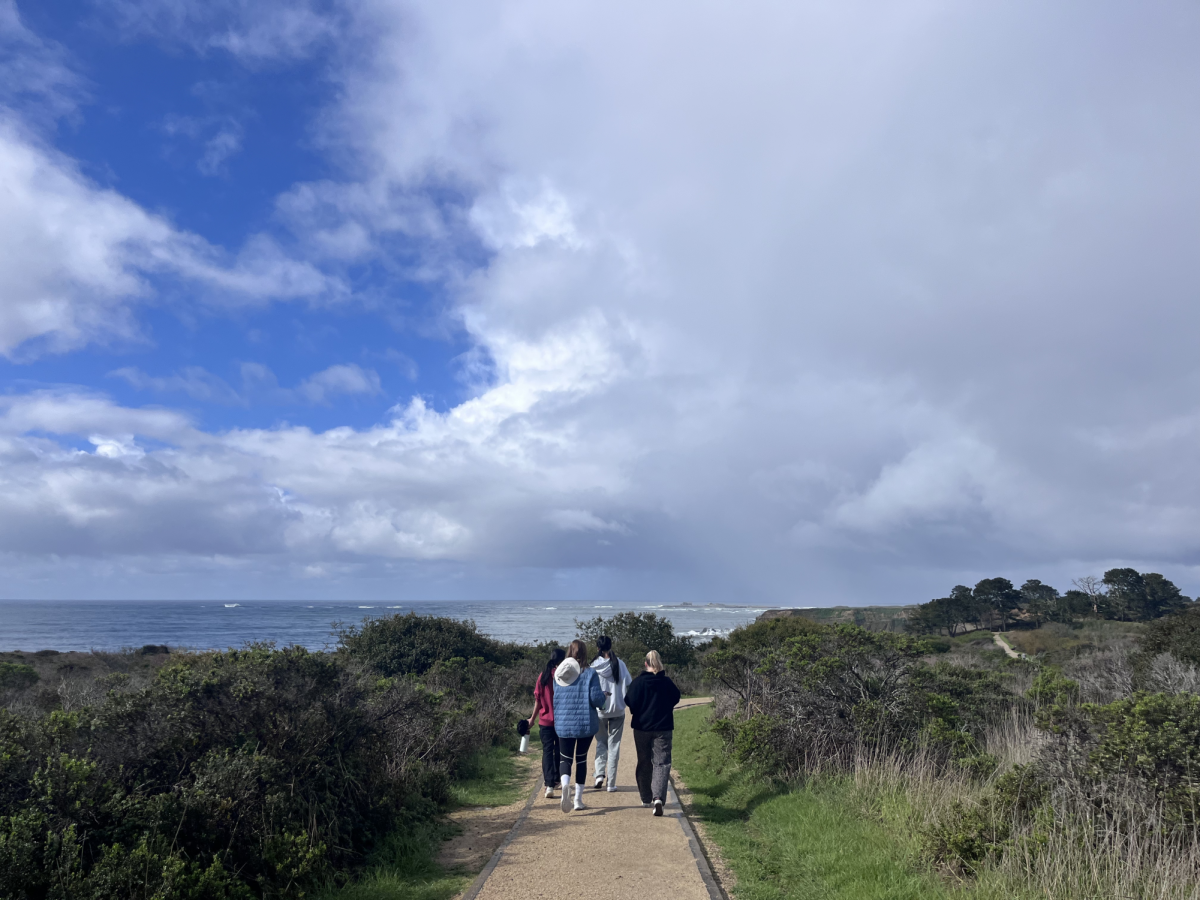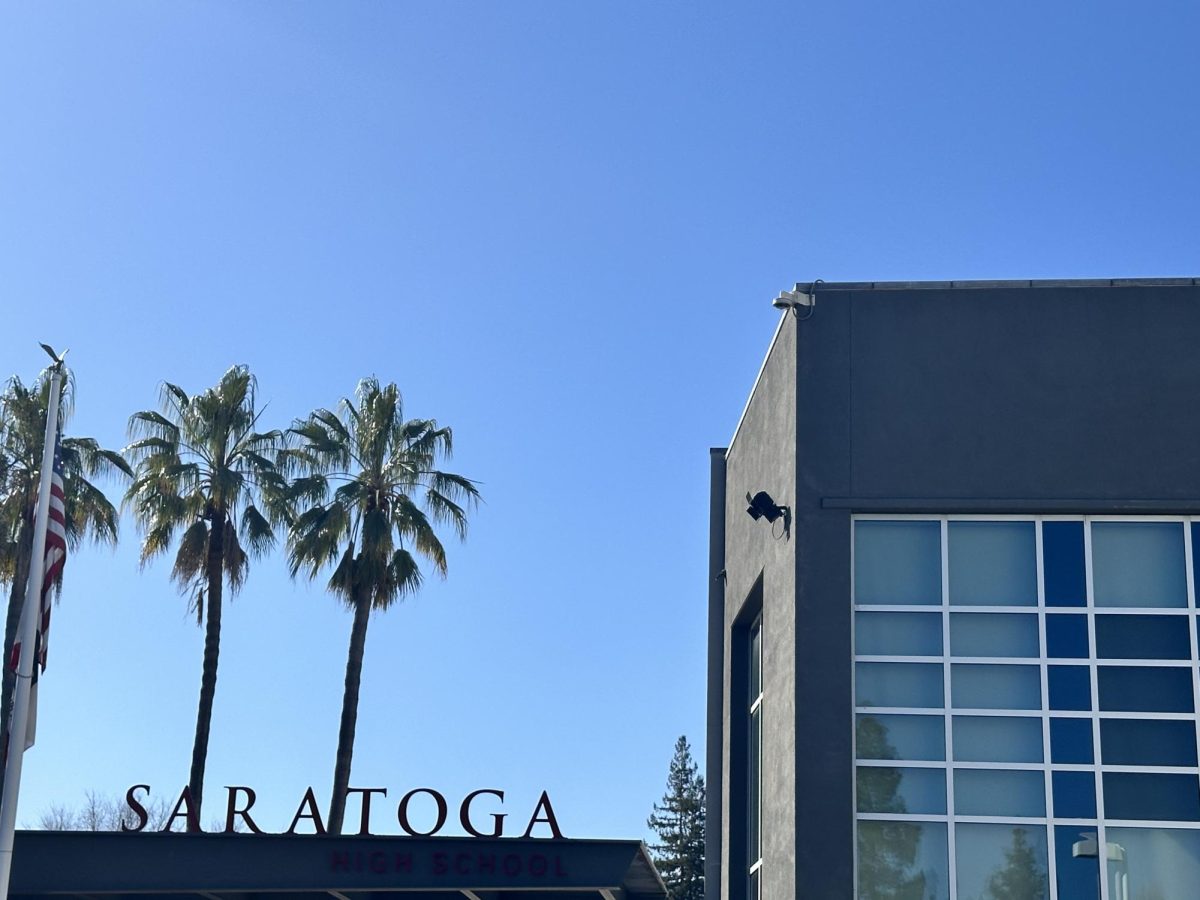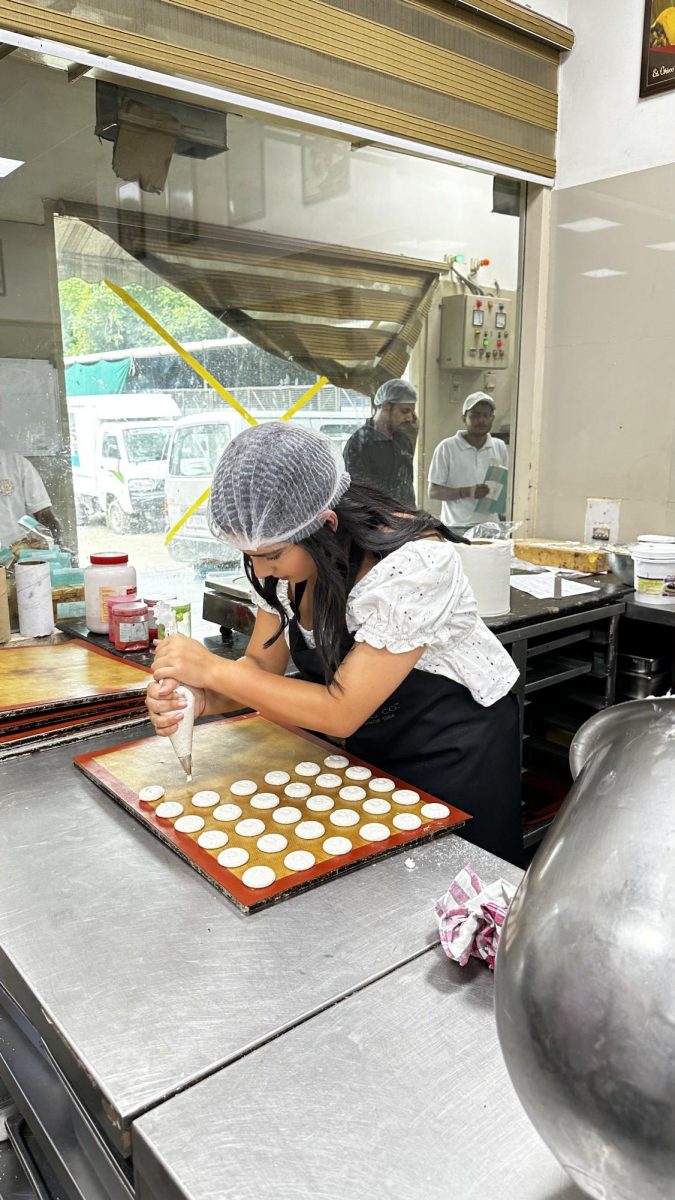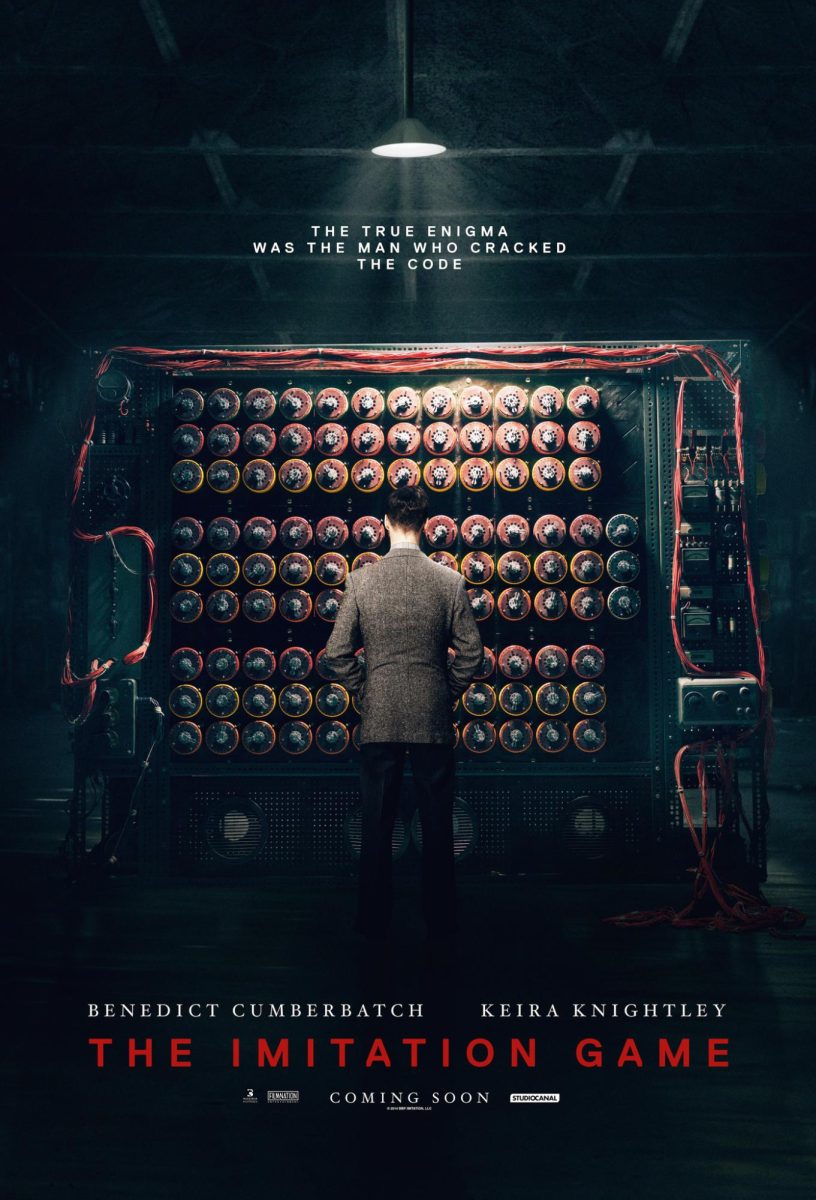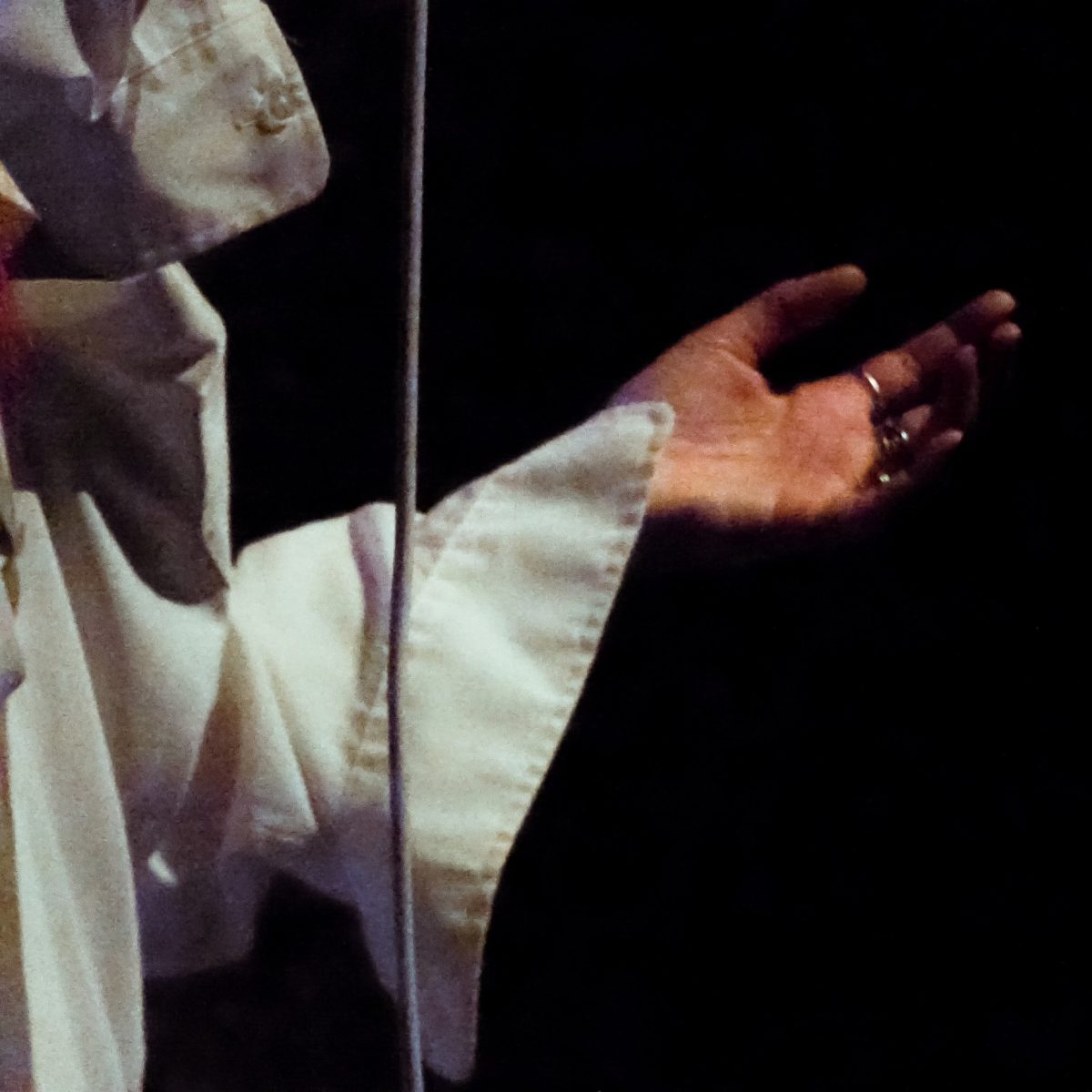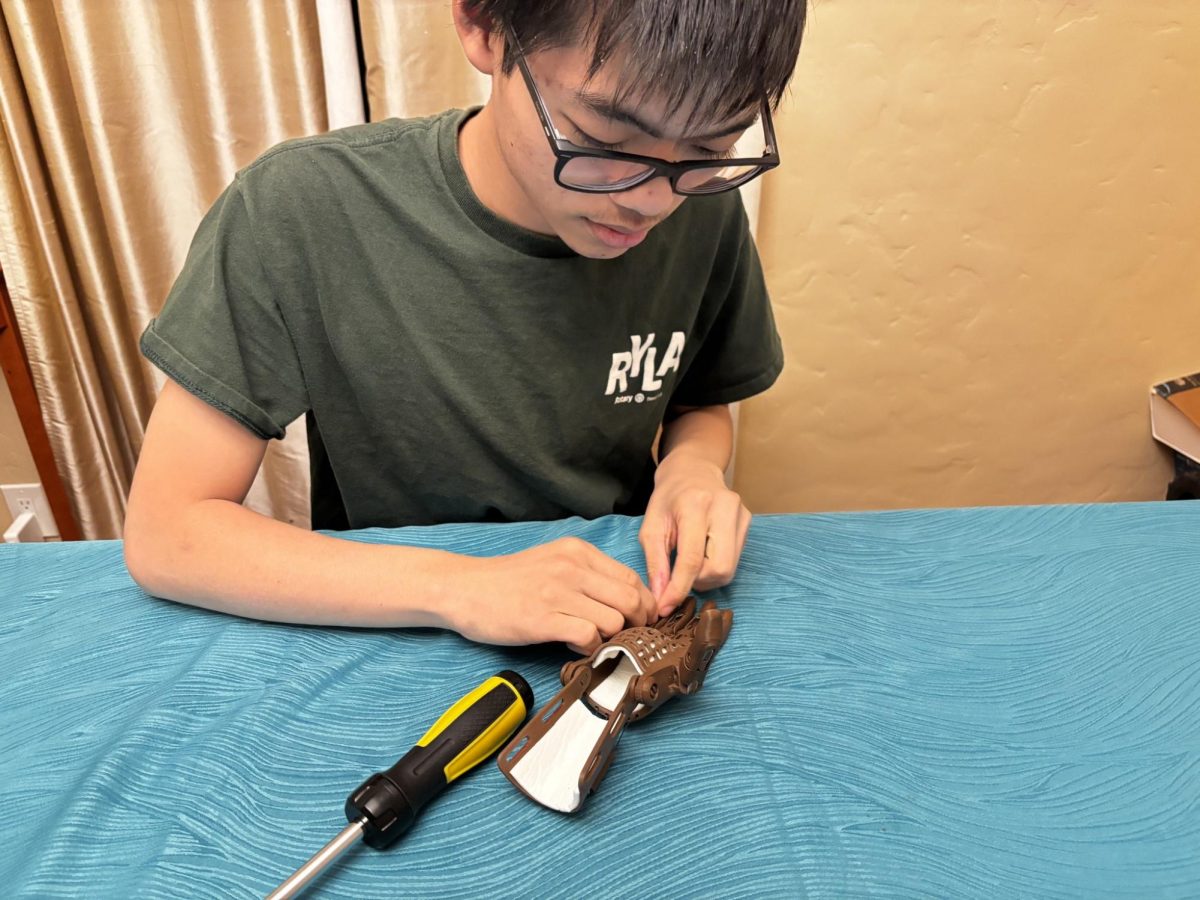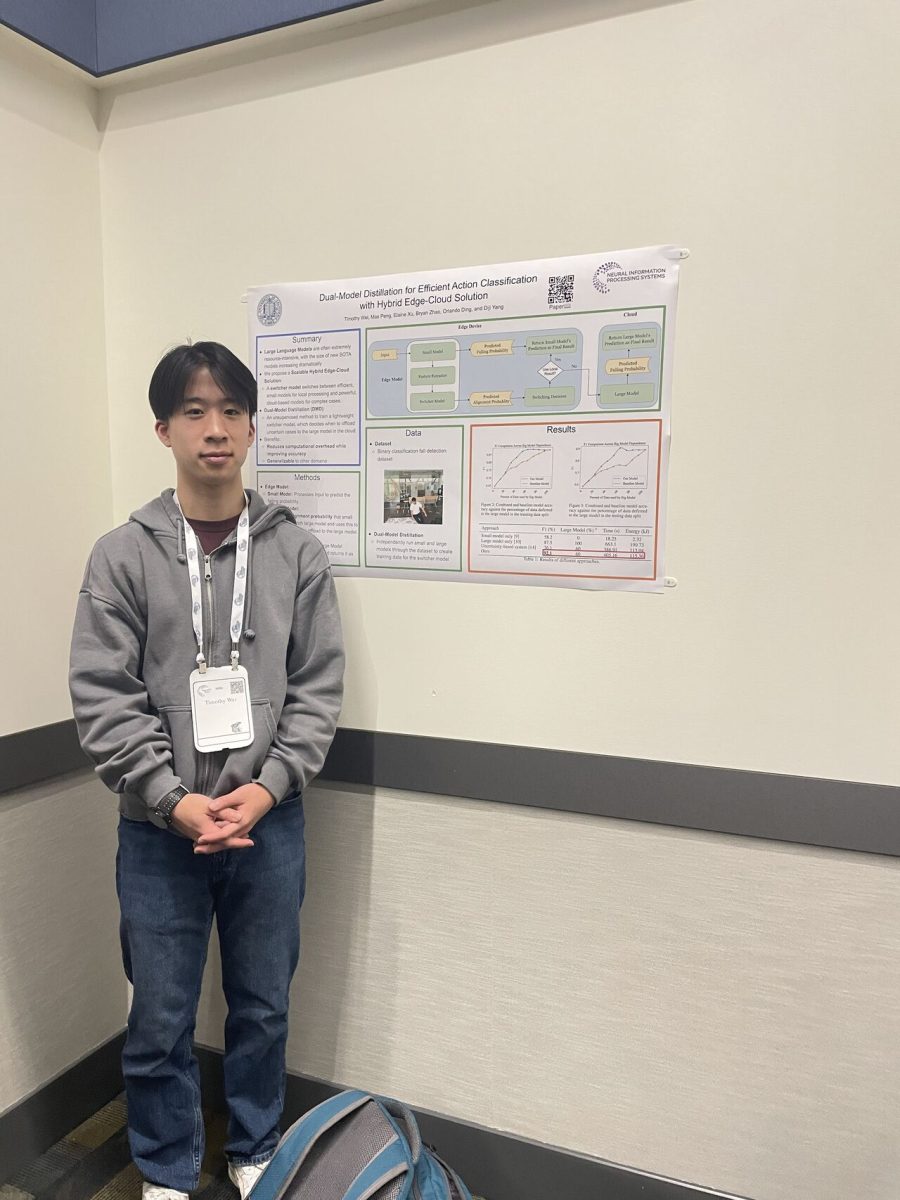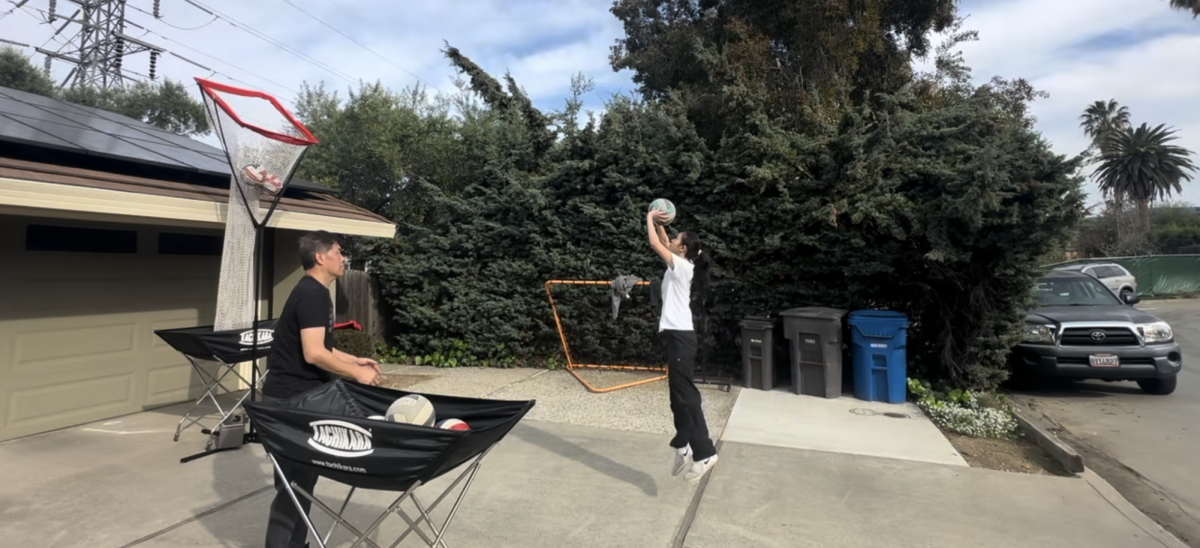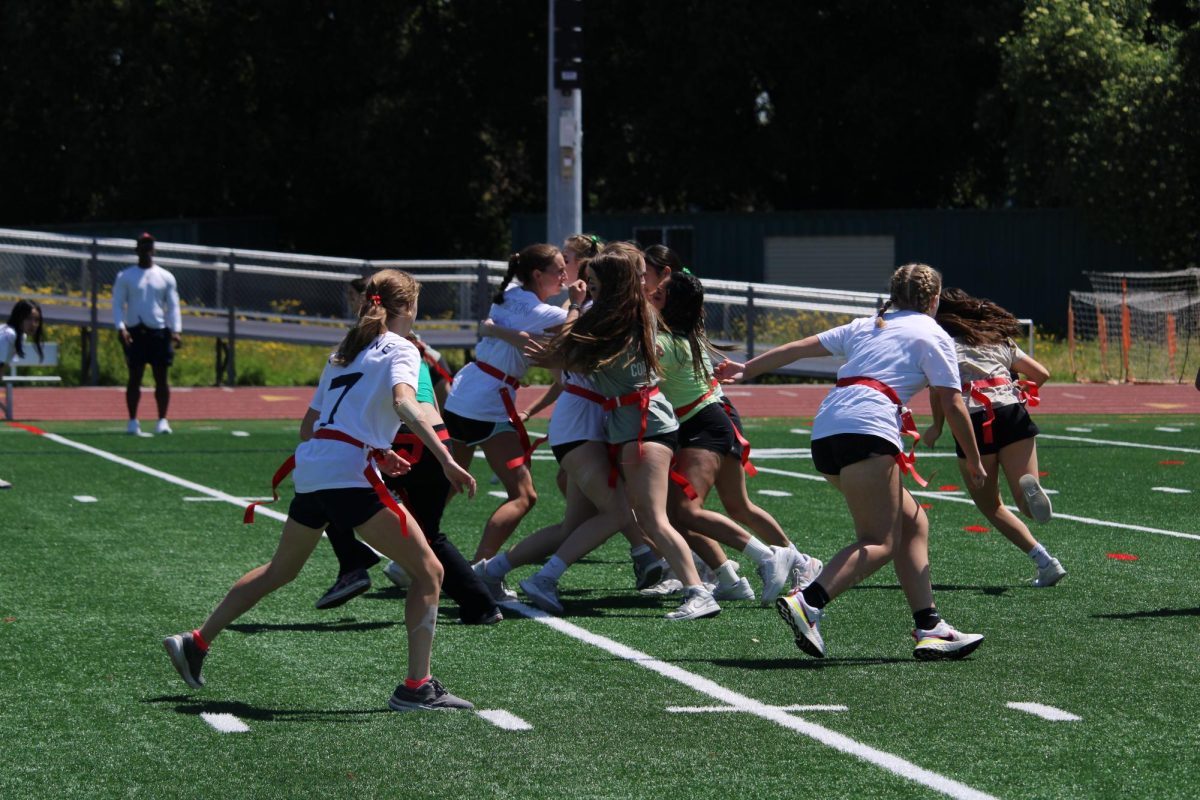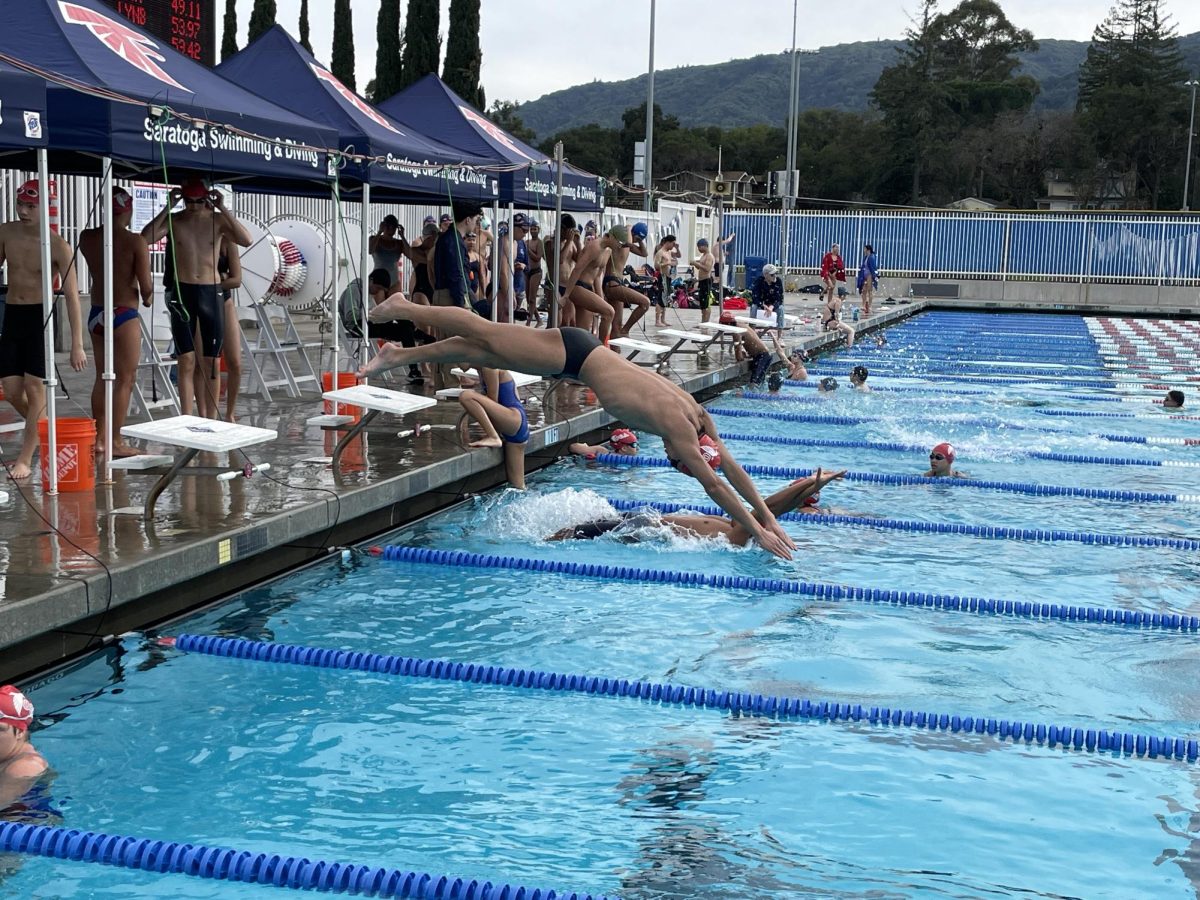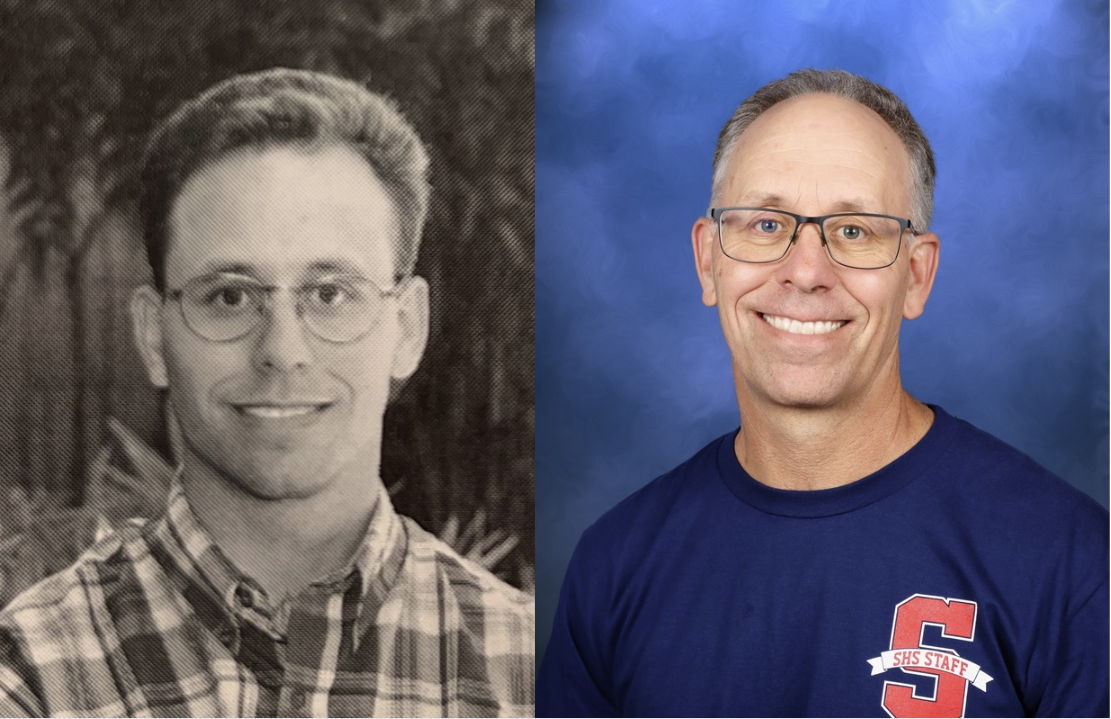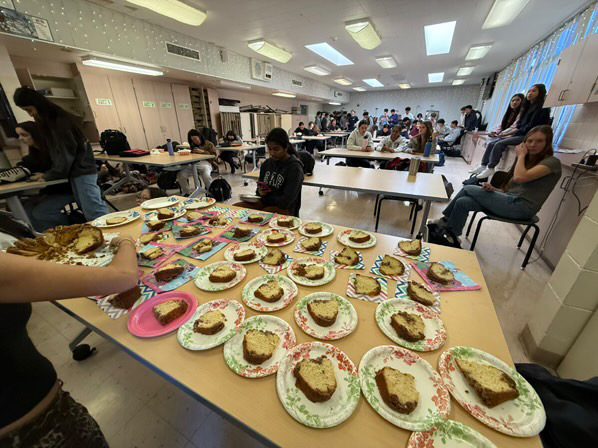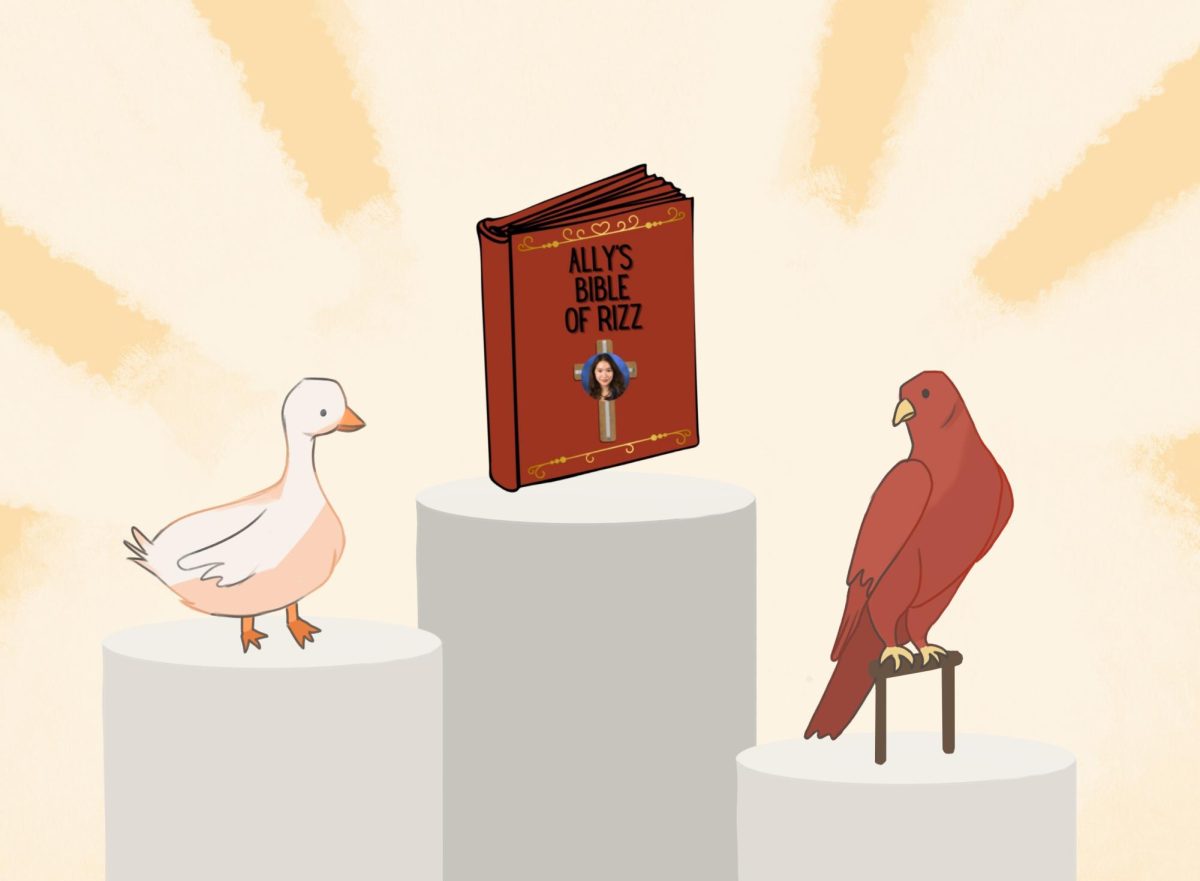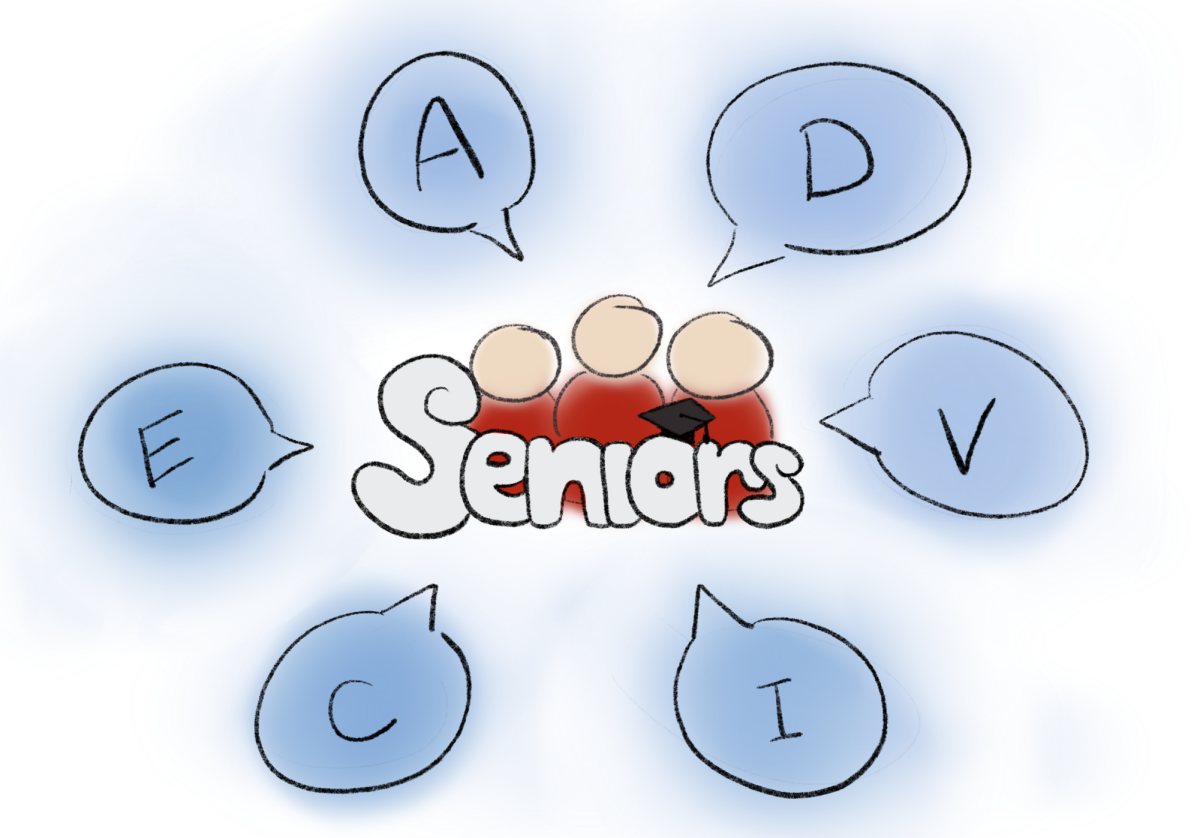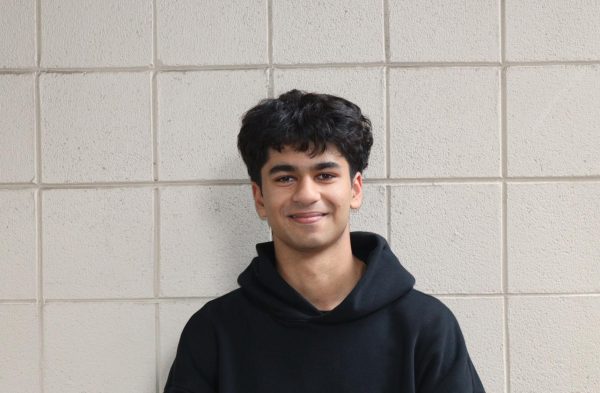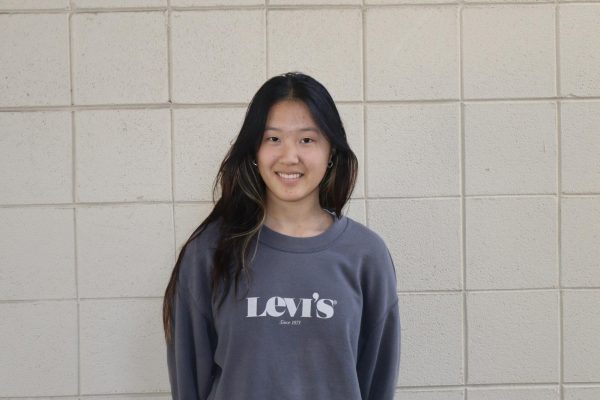Like many seniors, Niraali Garg has learned many lessons in the past four years and has valuable advice to offer freshmen and others. For one thing, she has learned the necessity of narrowing the activities she participates in. Starting as a freshmen, she signed up for the Media Arts Program (of which she is the student president this year), color guard and drama. Last year she discovered something had to go from her schedule, and it was guard.
“I stopped [color guard] last year, but I made a lot of good connections there. A lot of my really close friends were seniors last year and they graduated, but I built a strong community,” Garg said.
But while participating in a number of extracurriculars and balancing academics and activities, Garg said she had overscheduled herself. She took steps to spend extra time in MAP and theater, yet she felt she was pushing herself with her commitments. Since MAP is a curricular and extracurricular activity, Garg found it was easier to manage as she could work during school hours as well.
“I think taking hard classes and APs is important, but [so is] having that balance in your life and not letting it […] affect you from finding other things in life you like,” Garg said.
Caught between extracurriculars like theater shows, color guard and MAP, Garg finally decided early in the semester to prioritize theater and MAP above everything else, as they were her strongest passions. She spent more time with her friends inside and outside of her programs because she felt it kept her happy and motivated to work. This led her to exhaust less time at color guard and APs and focus mainly on drama and MAP.
Ashish Goswami has had a similar experience. He thinks the students who succeed the most here are the ones who pursue their passions every day and participate in activities that create a love for learning.
He, for instance, is co-president of the Speech and Debate team and president of both Economics and Science Club. Goswami pursued these positions because of his admiration of public speaking and his interest in business and economics. Nevertheless, over the past four years, he sometimes felt that placing excessive significance on academics was one of his biggest challenges — as it even influenced his self-confidence.
“One challenge I had was making sure that my happiness is not attached to accomplishments or validation from other people. I think we get caught up in comparison a lot here at Saratoga especially,” Goswami said. “It’s important to make sure that it doesn’t define me.”
For ASB president Alan Cai, he has learned it is important to enjoy each class that you take, even if they’re required classes that don’t stir immediate interest.
“I think of classes as a game. When you have a game aspect, like an objective, naturally it will be a lot easier for you,” Cai said. “If you can find some little bit of joy, a little bit of motivation, you can turn something that would otherwise be very boring to something very fun.”
Cai also is proud of the friends he has made throughout high school. He feels that the close friends which he hangs out with after school or goes out to dinner with have been vital parts of his motivation to work throughout high school.
Ultimately, Garg, Goswami and Cai emphasized that high school is more than a series of academic challenges and extracurricular commitments; it’s a journey of self-discovery and personal growth. Through their experiences, the three seniors highlight the importance of balancing activities, doing what students are passionate about, and enjoy time with the people they are with. By pursuing what truly matters and brings joy to them, they have each found a way to thrive, personally and academically.
“Go out there and do everything that you can; I think that’s really important because there’s so many opportunities for people,” Cai said. “We only [get to go through] high school once.”



